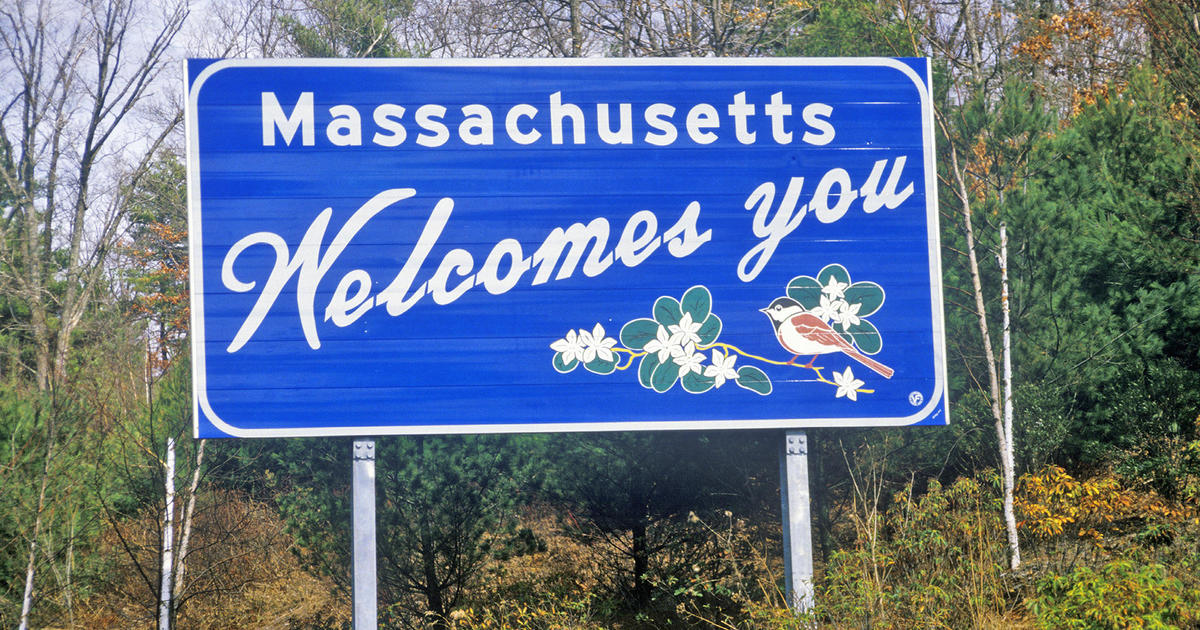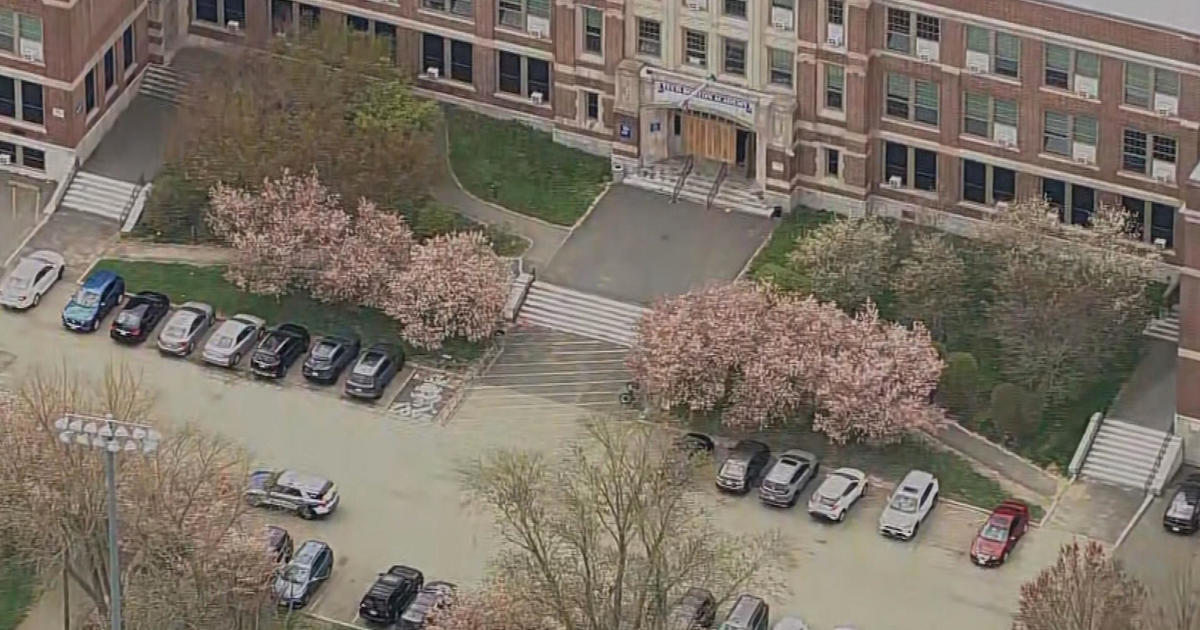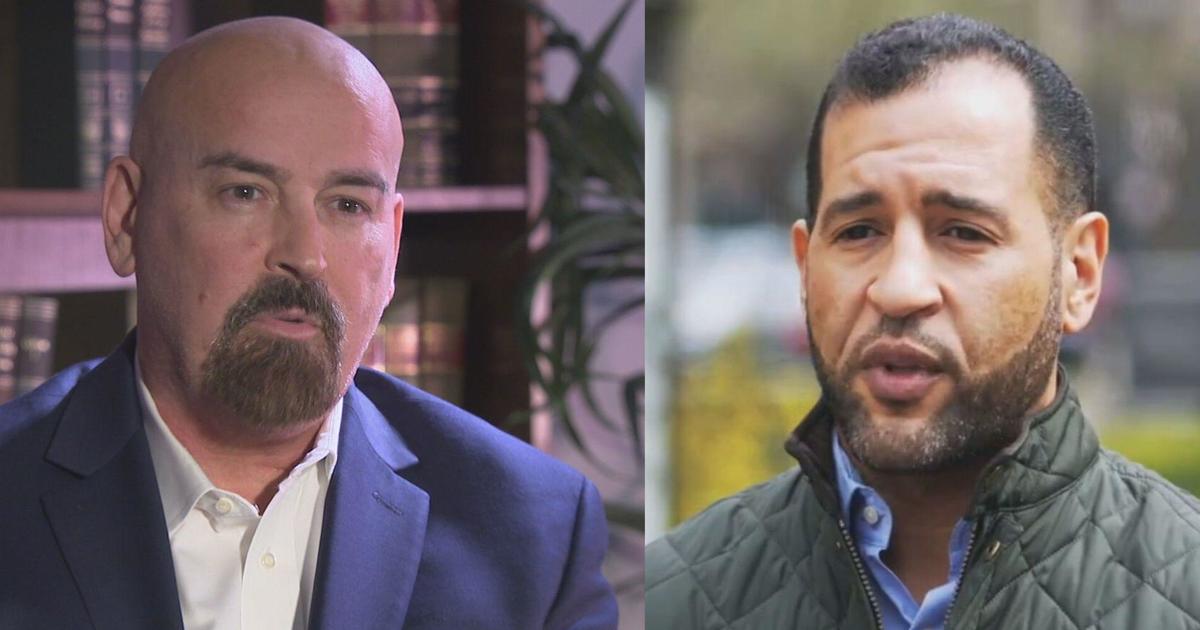Boston Archdiocese May Reshuffle Parishes
BOSTON (AP) -- The Boston Archdiocese is considering a radical reshuffling that would unite its 291 parishes into 80 to 120 groups so that each cluster could share resources and clergy, according to an internal memo obtained by The Associated Press.
The changes aim to save money at the parishes, which are "in a spiral of financial distress," church officials say in confidential minutes of meetings where the plan was discussed.
Archdiocese officials stress that the plan is still a work in progress.
CHURCH CLOSINGS?
Under the plan, more church closings would be possible, but they would be initiated by the new parish groups, not the archdiocese, as they were during the recent, painful round of closings.
In the minutes obtained by the AP, the Rev. David Couturier, director of the archdiocese's Office of Pastoral Planning, says it must be "absolutely clear that the archdiocese is not going to be closing churches from above. That doesn't mean that at the local level the recommendation may not come whereby the local parish says, `We really don't need this building."'
The archdiocese, however, would still have final say.
Parishes are broader territorial entities that include churches and other Catholic buildings, such as rectories. Under the plan, they would be assembled into groups of two to four.
LEARNING SOME LESSONS
The minutes also reveal Cardinal Sean O'Malley's regret about how the archdiocese handled the closings that started in 2004, reducing the number of parishes from 357 to 291.
At the time, parishioners charged the archdiocese with shutting down healthy parishes without warning or reason. Some have since occupied their parish churches in round-the-clock protests.
"Obviously, we learned some lessons with reconfiguration. ... People were saying `Pull the Band-Aid off quickly.' It caused a lot of bleeding by doing that," O'Malley said.
No parish would be eliminated under the plan. But in anticipating problems with grouping parishes together, Courturier cited the sometimes "ugly" competition between them and "an adversarial relationship with the archdiocese."
"We have to do something about the lack of trust that erupts from time to time in the archdiocese," Courturier says in the minutes.
THE MEMO
The memo was from the Archdiocese Pastoral Planning Commission, the group charged with proposing a new plan for the parish structure.
It was sent to members of the Presbyteral Council, a group of priests advising the cardinal. The minutes were from seven monthly meetings of the Presbyteral Council, ending in April 2011.
The documents were given to the AP by Peter Borre of the Council of Parishes, which formed to fight church closings. He said he received them unsolicited.
Borre predicted any structural change would be followed by numerous church closings. He added that the reshuffling alone would meet heavy resistance no matter what, because people simply don't trust the archdiocese anymore.
"If there were trust and openness, then you could rationalize this to a degree. But I will tell you that from the pews, they are headed into a buzz saw now," he said.
Rather than realigning parishes, Borre said the archdiocese should reform what he said is a flawed and wasteful central office that's weighed down by bloated six-figure salaries and which cripples parishes by taking too much of their collections.
Archdiocesan spokesman Terry Donilon hailed O'Malley's financial management, including efforts to improve education and evangelization and erase an annual $15 million deficit in its central operations. (The archdiocese still has annual operating losses overall, including $8.2 million last year.)
"Despite his best efforts to the contrary, Mr. Borre is not an expert on the Archdiocese of Boston," Donilon said.
DECLINING PARTICIPATION
The archdiocese has cited numerous statistics to show it must run differently. Among them: 40 percent of its parishes won't be able to pay their bills this year; the number of available priests will plummet from 316 today to 178 in a decade; only 17 percent of local Catholics now attend Mass.
Under the new system, a senior pastor would lead each group of parishes, with charge over a "pastoral service team" that would include priests from the other parishes within the collection. The new group would have a single, merged staff; a single rectory; and a single parish center.
In theory, the streamlined parish would run cheaper, even as it's being strengthened spiritually and numerically by an ongoing evangelization push, including the "Catholics Come Home" advertising campaign that aimed to draw lapsed Catholics back to church.
Monsignor William Fay, head of the Archdiocesan Pastoral Planning Commission, emphasized the current restructuring plan is a work in progress. He said there's no set timeline to complete it, and changes will come only after extensive consultation with local Catholics.
"We've got to move forward aggressively, but in a very thoughtful way," he said. "We should be able to take the time we need to take to make sure this is done right."
American Catholics are traditionally loyal to their congregations and pastor, but not the hierarchy, and that makes it tough when archdioceses try to lead change, said David O'Brien, a church historian at the University of Dayton.
The wariness is magnified in Boston, seat of the clergy sex abuse scandal, he said.
It's also clear, though, that the current structure must be altered, O'Brien said.
"You've got to do it, and they're trying," he said. "You have no choice."
(Copyright 2011 by The Associated Press. All Rights Reserved.)



